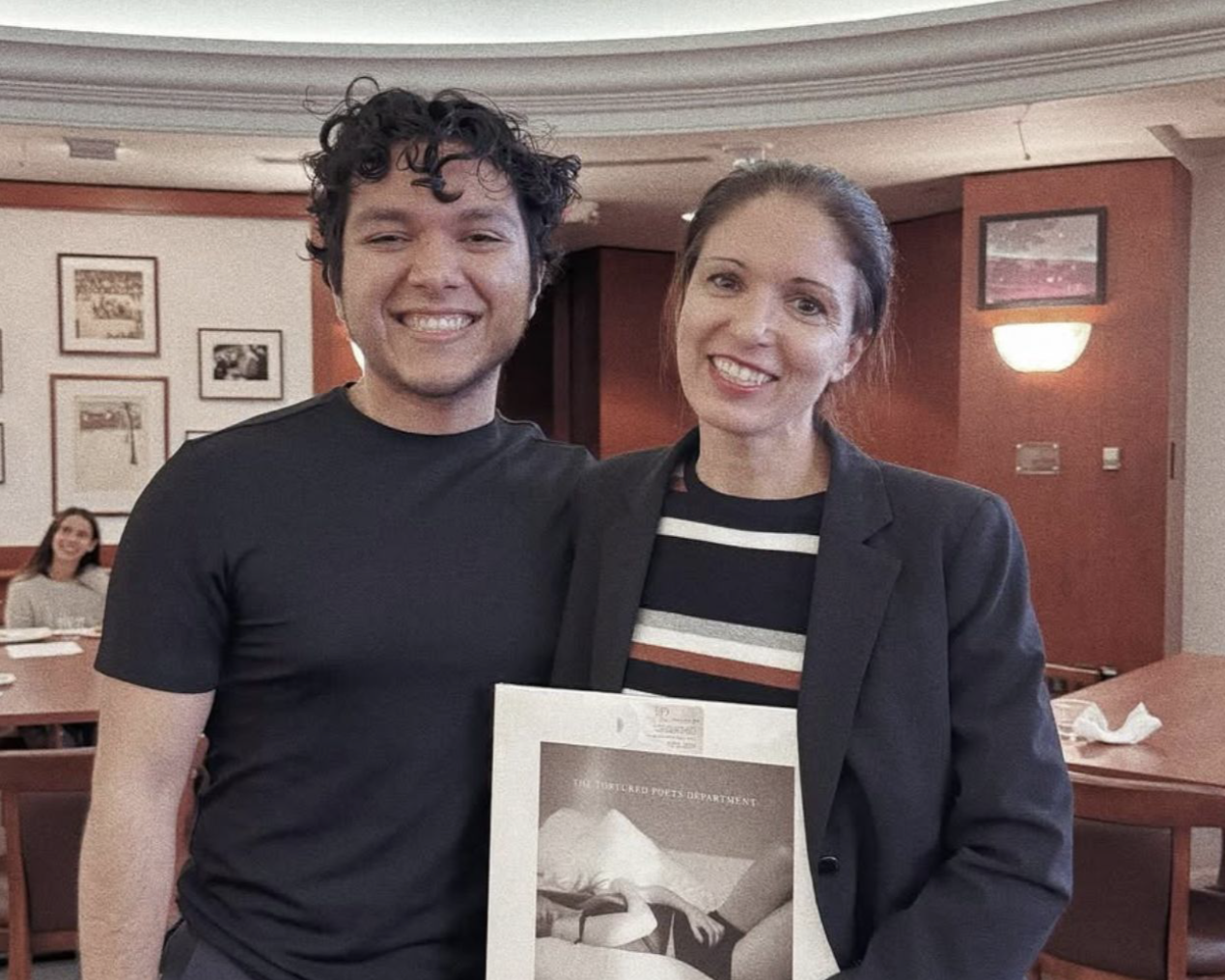Fernando spent his fieldwork year in Nuevo León, Mexico, investigating the structural and clinical dimensions of obstetric violence, an often unspoken yet pervasive form of gender-based violence that occurs in healthcare settings. His project used a mixed-methods, biosocial approach to explore how dignity, power, and access intersect during childbirth in public and private care facilities.
Throughout his interviews with healthcare providers, Fernando revisited the emotional and ethical terrain of his clinical training. Some conversations were so vivid and raw that they gave him goosebumps, particularly those that forced him to “re-experience” life on the labor ward. He began journaling during this period, not only to track fieldwork logistics but to process the intensity of these interviews, many of which revealed deep-seated norms around power, silence, and suffering.
One photo from his fieldwork depicted families waiting anxiously outside a clinic, having been separated from their loved ones in labor, without updates, without phones, and sometimes without news for over 48 hours. “This is where the asymmetry of power becomes stark,” Fernando reflected. “Patients inside are vulnerable and voiceless; outside, families are left in anguish.”
Despite the weight of the subject, Fernando’s research became a platform for hope. Many providers expressed a deep desire to discuss mistreatment and improve maternal care. Working with his research assistants, he collected stories and patterns that would later serve as the backbone of a new quantitative phase of the project. With mentorship from leaders in Mexico and at Harvard, Fernando developed a proposal to pilot the first cross-sectional instrument measuring obstetric violence from both patient and provider perspectives.
One of the most critical turning points in his journey came when his team met with Mexico’s Minister of Health, who offered formal support for the project. This advocacy milestone, paired with the relentless collaboration of local advisors, led to Fernando receiving a GEM Incubation Fund Grant from Harvard’s Center for International Development. The grant will support a policy-driven initiative aimed at addressing obstetric violence as a public health and human rights issue.
The intervention includes a curriculum on dignified and rights-based care, psychoeducational support for patients, and the use of tools like the Violentómetro, a visual scale used in Latin America to identify escalating levels of gender-based violence. The project’s dual focus on implementation research and systems change aims to bridge the gap between clinical realities and policy solutions.
From labor rooms in Nuevo León to policy tables in Mexico City, Fernando’s fieldwork is not just a research project, it’s part of a growing movement to affirm that childbirth should never be a site of harm.
